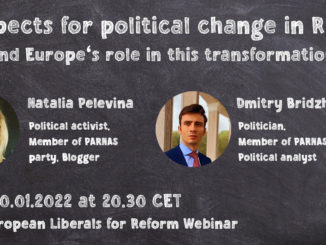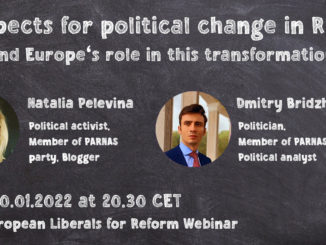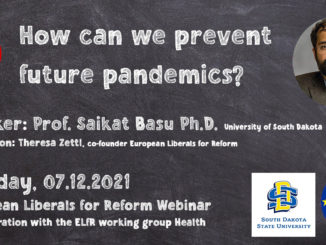We are giving populists a huge boost by not addressing issues which worry people. Call them the great unwashed, the former communists gone extreme right (often the case and not mentioned in the story), ignorant or unemployed – they are part of society, they are angry and they will vote us into trouble. They are easy to manipulate: it’s enough to provide a toxic brew of misinformation and real concerns, news and skewed interpretation and, presto, you have a Kaczyński, Orbán or Salvini in your parliament, in your living room and taking power. If people say that they are worried about Muslim immigrants, we should address the issue, instead of sweeping it under the carpet. If they are worried that jobs are going to China, likewise. How do we address these issues? Talk about it, involve people in looking for solutions, do what populists are doing very well: listen very carefully to all the grudges, to exploit them to the hilt. We can address the concerns and neutralise them at least to a certain extent, by involving more people in the search for a solution. In the end, if people say they really don’t want something, so be it. That’s the strength of the Swiss political model, where people can vote on most issues and, even if they are bloody minded and vote the way we really don’t like, nobody can complain that they were not given a chance to express their opinion and choice, however difficult it makes it for politicians.
Source: Why is “populism” seen as such a bad thing? – Debating Europe




















